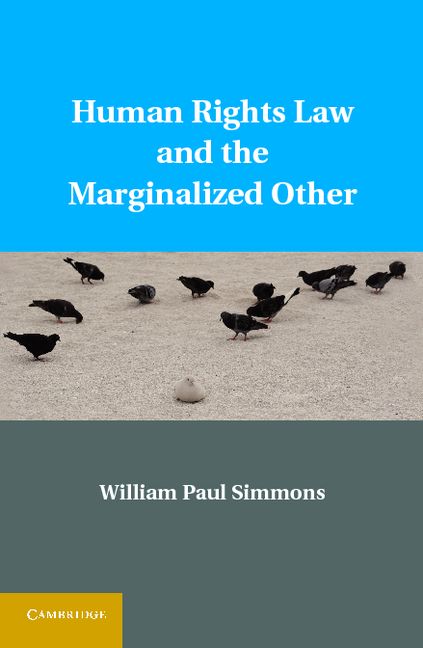Human Rights Law and the Marginalized Other
|
|
Arendt and Little RockHere is a slightly revised version of chapter one of my book - it is a deconstruction of Arendt's theory of judgment in the context of her remarks about the Little Rock school desegregation crisis of 1957. My critique can also be applied to other theories of deliberative democracy. Click Here for PDF Version
|
